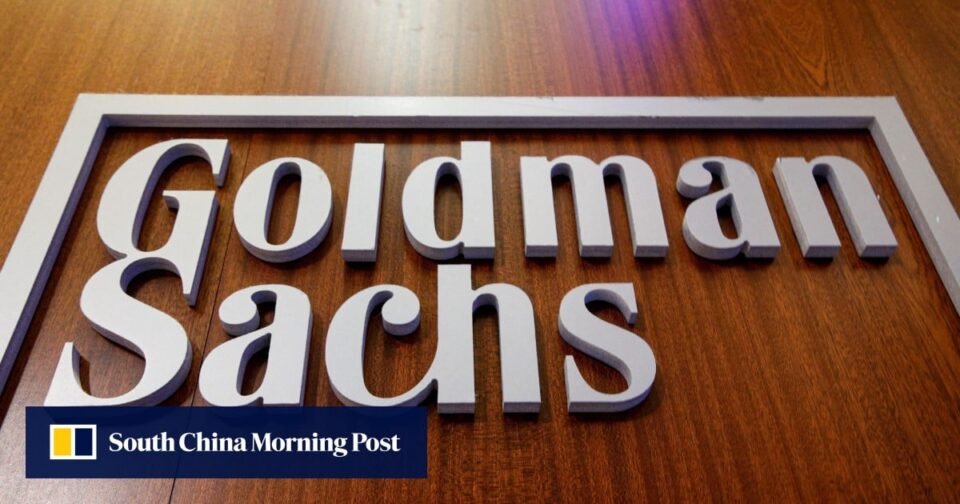A report from investment bank Goldman Sachs over the weekend said hedge-fund managers added to their holdings of Chinese stocks in July without providing specifics of the purchases. Still, hedge funds’ allocations to yuan-denominated stocks and American depositary receipts (ADRs) remain close to five-year lows, it said.
In a broader measure of overseas inflows into Chinese domestic stocks, foreign traders including hedge funds and mutual funds, invested US$500 million through the northbound investment route under the cross-border exchange link programme last month, according to the report.
China’s valuations are at the lower end compared with the global markets, said Goldman Sachs analysts, adding that MSCI China has corrected 13 per cent since its recent peak in May, underperforming developed markets and emerging markets by 12 per cent and 11 per cent, respectively, in the last three months.
The recovery in demand for Chinese stocks reflected increased bets by foreign investors that Beijing would be more attentive to economic growth in the short term. In both in the third plum and the Politburo meeting convened by the Communist Party last month, top leaders stressed how to achieve the growth target of around 5 per cent this year and also pledged to spur household consumption as the top priorities.
“Compared to the April Politburo meeting, policymakers appeared more concerned about near-term growth headwinds, reiterated their pledge to achieve the full-year growth target, and called for strengthening the countercyclical policy adjustments,” Goldman said in another report last week.
“We view the signals from the July Politburo meeting as pro-growth and largely in line with our expectations.”
Besides China, global hedge funds also boosted their positions in Japanese stocks in July, with the biggest inflows in nine months, according to Goldman. Hedge funds are overweight in Japanese shares for the first time since May 2019, taking their holding levels to the highest in four years, it said.
Among the emerging markets in Asia, Taiwan and India saw outflows of US$3.5 billion and US$1 billion, respectively, in July, while South Korea had US$600 million of inflows and markets in Southeast Asia witnessed US$200 million of buying, Goldman said.
In the latest development, global stock-focused mutual funds ploughed a total of US$9 billion into equities last week, slowing from an inflow of US$22 billion for the preceding week, according to Goldman. The US market had US$4.5 billion of buying in the span, while fund managers pulled out US$1 billion of stocks from the markets in Europe and withdrew US$900 million from Japanese stocks, it said.

